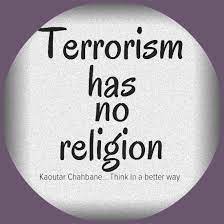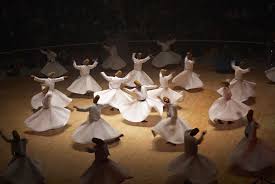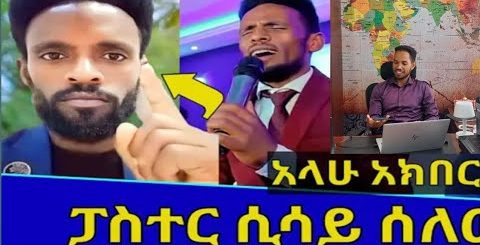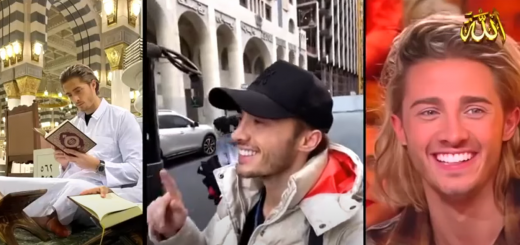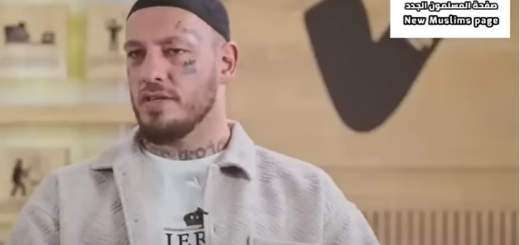Moscow’s Muslims find no room in the mosque رابط الموضوع: http://www.alukah.net/translations/0/100497/#ixzz4DplhGW1b
Moscow’s Muslims find no room in the mosque
On a cold Friday in March, Bolshaya Tatarskaya street in the centre of Moscow is at a standstill. It runs past the Russian capital’s oldest mosque.
More than two million Muslims now live and work in Moscow. It has become one of the biggest cities for Muslims in Europe and its few houses of worship can no longer cope.
During Friday prayers the historic building is overflowing and thousands of faithful are praying outside in the snow.
Cars honk their horns and local people struggle to get past on the pavements.

It is a scene repeated at all of Moscow’s four mosques, as tens of thousands of Muslims gather for prayers every Friday.
The new Muslims are mainly young migrants from the former Soviet republics of Central Asia and the Caucasus.
Poverty and conflict forced them to seek new lives in Russia, and millions of Uzbeks, Tajiks and Kyrgyz have found jobs and a new home in Moscow.
“There are too many of us,” says Ulugbek, a young migrant from Uzbekistan. “We have to be grateful that there are mosques in Moscow. The city was not ready to host millions of us all of a sudden.”
But others think that the authorities are ignoring the needs of the Muslim population.
Hasan Fakhritdinov, imam of what is known as the city’s Historical Mosque, says that the existing facilities are just not enough.
“We are asking the authorities to let us build new mosques, but they are ignoring our demands,” he says. “Now people have to pray outside in the rain or the snow.”
Moscow’s old Tatar Mosque is currently being transformed into a grand, new building. But even then it won’t be able to accommodate all the worshippers.
‘Moscow-abad’
Muscovites I talked to were divided on the changes the migrants are bringing to their city.
“Moscow is developing and it is attracting more migrants who happen to be Muslims,” two young women walking near the old mosque told me. “Russians are building churches and no-one should stop Muslims from building their mosques either”.
But others fear that too many foreigners are changing Russia’s culture and lifestyle.
“People joke that Moscow has become Moscow-abad,” says Yuri Gorsky, an activist from nationalist group Russovet, which calls for stricter immigration controls.
“There are not many Slavic faces you see on the streets now. I don’t mind migrants from Slavic countries but we have to stop these Muslims.”
There used to be regular xenophobic attacks on Muslim migrants in Russia, but these have fallen dramatically in recent years. The Russian human rights group, Sova Centre, reported seven deaths and 28 injuries from racist and xenophobic attacks in 2011, down from 57 deaths and 196 injuries in 2008.
As migrants have made a home in Moscow, doing jobs local Russians won’t do, the capital has changed beyond recognition.
Halal shops and cafes have opened across the city, from expensive restaurants where lunch can cost you $200 (£125;150 euros), to cheap take-away outlets where Central Asians bake traditional breads and samsa (samosas) in clay-ovens or tandoors.
Halal samsa has become one of Moscow’s most popular take-away foods. But it is not just halal food and overfilled mosques which testify to the presence of Islam here. It’s also the changes in people’s lives.
Zarif, who’s from Tajikistan, and his Russian wife Yelena live in a studio flat in northern Moscow. Like many other families here, both have jobs and are trying to move into a bigger flat.
But Zarif is a devout Muslim and Yelena comes from an Orthodox Christian family. It wasn’t easy to win their parents’ support for their marriage but now he says that things have changed.
“I sometimes buy Christian icons for my Orthodox in-laws and they buy me Muslim books or calendars,” says Zarif. “I can even go to church with them for family functions. And when I fast they don’t eat in front of me. We live in mutual respect and harmony.”
A growing number of Russians are converting to Islam, among them Ali Vyacheslav Polosin, a former Orthodox priest and politician.
He was once at the forefront of a campaign to make Orthodox Christmas a public holiday in Russia. But 12 years ago he converted and today he runs a Muslim support centre in Moscow, teaching and advising new Russian converts.
Ayesha Larisa, who works at the centre, says that they have registered more than 10,000 newly converted Muslim women alone.
“They need our help and advice,” Ayesha says. “We teach them how to worship, or try to help them if they have problems with family members.”
Islam has always been the second biggest religion in Russia, but it has never been as visible in Moscow as it is now.
That trend is set to continue, not least because the Russian population is shrinking.
And as migrants from the traditionally Muslim former Soviet Republics come to Moscow to make up the numbers, they bring their culture, their traditions and their faith with them.
رابط الموضوع: http://www.alukah.net/translations/0/100497/#ixzz4DplYN1pO
Number of View :2368
